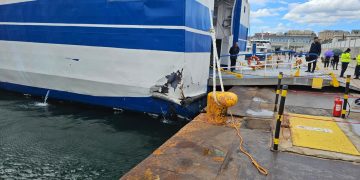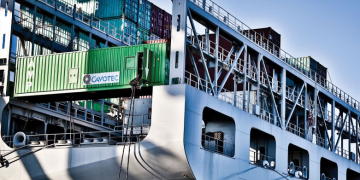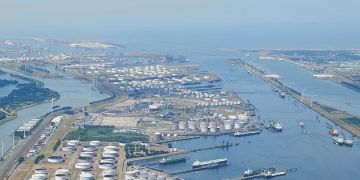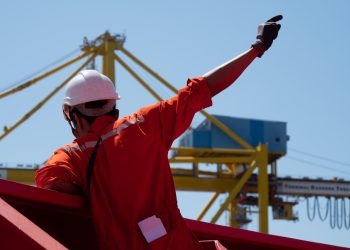On 21st April 2022, the 27th Interim Meeting of the Seafarers Committee (SC), Asian Shipowners’ Association (ASA), took place. The meeting discussed hot topics of the shipping industry, including the impact of Covid-19 pandemic on seafarers and digitalization.
Development of Asian seafarers
Firstly, the Committee noted that administrations of ASA members are continuing their efforts to attract more young people to seek a sea-going career, which will assist in the continued promotion of the supply and employment of Asian seafarers.
[smlsubform prepend=”GET THE SAFETY4SEA IN YOUR INBOX!” showname=false emailtxt=”” emailholder=”Enter your email address” showsubmit=true submittxt=”Submit” jsthanks=false thankyou=”Thank you for subscribing to our mailing list”]
In some Asian countries and regions, however, there are fewer and fewer young people willing to work as seafarers. As a result, the number of third mates and fourth engineer officers is decreasing significantly, and the subsequent supply of seafarers is insufficient. Undoubtedly, the epidemic will be accelerating the loss of seafarers, especially young seafarers.
This situation would result in difficult development, retention and employment of competent seafarers in future. Therefore, more efforts need to be made by all the stakeholders of the shipping industry
says ASA.
The impact of Covid-19 pandemic on seafarers
Among the topics discussed, ASA SC recognized that, the spread of the Covid-19 pandemic has led to travel restrictions in many ports of the world, caused difficulties in crew change and ship operations, and resulted in the decline of seafarers’ social status, wellbeing and willingness of going to sea.
Meanwhile, extended period of service on board and denied access to shore leave and medical care in some ports during the Covid-19 pandemic have increased seafarers’ mental health problem, which has jeopardized seafarers’ wellbeing as enshrined in the MLC 2006.
For this reason, the Seafarers’ Committee urges the stakeholders of the shipping industry to take measures to ensure seafarers’ welfare in according to the MLC 2006, thereby attracting and retaining seafarers to remain in the industry.
Digitalization in the shipping industry
ASA further recognized the ever-increasing importance of digitalization and intelligence, their application and role in the shipping industry and, in particular, their impact on seafarers.
It specifically noted that smart ships of certain autonomy degrees have been built and put into operation for a trial purpose in some countries and that the IMO is formulating the roadmap of modernizing its regulatory instruments in order to accommodate the operation of smart ships.





























































